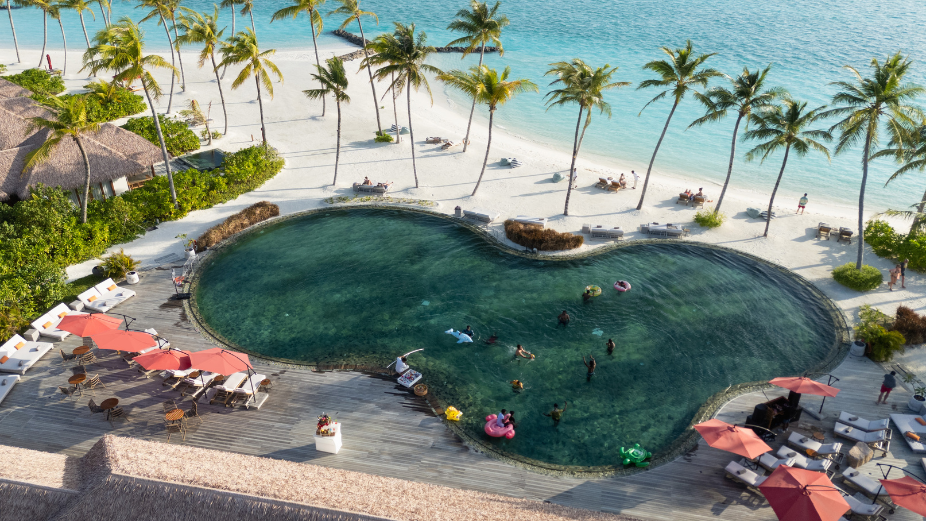
Yesterday marked World Tourism Day, celebrated globally under the theme “Tourism as an Instrument for Peace”. This theme resonates profoundly with the Maldives, whose very essence is intertwined with the ebb and flow of international visitors gracing its shores. As a tapestry of over a thousand coral islands scattered across the Indian Ocean, the Maldives stands as a beacon of how tourism can foster peace, understanding, and reconciliation among diverse cultures.
The Maldives has long been a crossroads for travellers, merchants, and explorers. Today, it welcomes tourists from all corners of the globe, each bringing with them unique perspectives and traditions. This convergence creates a vibrant cultural mosaic where dialogues flourish, prejudices diminish, and mutual respect is cultivated. Resorts and local communities alike serve as microcosms of global society, offering opportunities for guests and hosts to engage in meaningful exchanges that transcend language barriers and cultural differences.
Tourism is the lifeblood of the Maldivian economy, accounting for a significant portion of its GDP and employment. This economic reliance has incentivised the nation to maintain a peaceful and stable environment conducive to tourism. The revenue generated supports not only infrastructural development but also social programmes that enhance the quality of life for residents. By alleviating poverty and reducing unemployment, tourism mitigates potential sources of social unrest, thereby contributing to internal peace.
The natural beauty of the Maldives, its pristine beaches, azure waters, and vibrant marine life—is a primary draw for tourists. Recognising this, the country has become a staunch advocate for environmental conservation and sustainable tourism practices. Initiatives such as banning single-use plastics and implementing coral reef restoration projects demonstrate a commitment to preserving natural resources. These efforts not only protect the environment but also align with global movements towards sustainability, fostering international cooperation and goodwill.
Tourism has spurred initiatives to preserve Maldivian culture and heritage. Local artisans, musicians, and storytellers find platforms to share their crafts with a global audience, ensuring that traditional practices are not lost to modernity. Educational programmes in hospitality and tourism management have been established, empowering young Maldivians with skills and knowledge that enable them to participate actively in the global community.
Despite its successes, the Maldives faces challenges that threaten both its environment and its peace. Climate change poses an existential risk, with rising sea levels endangering the very land on which the nation stands. Additionally, global economic fluctuations and geopolitical tensions can impact tourism flows. Yet, the resilience of the Maldivian people, bolstered by international support and the unifying power of tourism, continues to drive efforts towards sustainable solutions and peace-building initiatives.
The Maldivian experience illustrates how tourism can be harnessed as a force for peace. By providing spaces for intercultural interaction, promoting economic development, and encouraging environmental and cultural preservation, the Maldives contributes to a more peaceful and understanding world. As we reflect on World Tourism Day’s theme, the Maldives offers a compelling case study of tourism’s potential to bridge divides and foster harmony.
In embracing tourism as an instrument for peace, the Maldives sets an example for other nations. Continued investment in sustainable tourism, educational opportunities, and environmental conservation will not only benefit the Maldives but also contribute to global peace and stability. On this occasion, let us acknowledge and support the role that tourism plays in uniting us, celebrating our shared humanity, and paving the way towards a more peaceful future.












